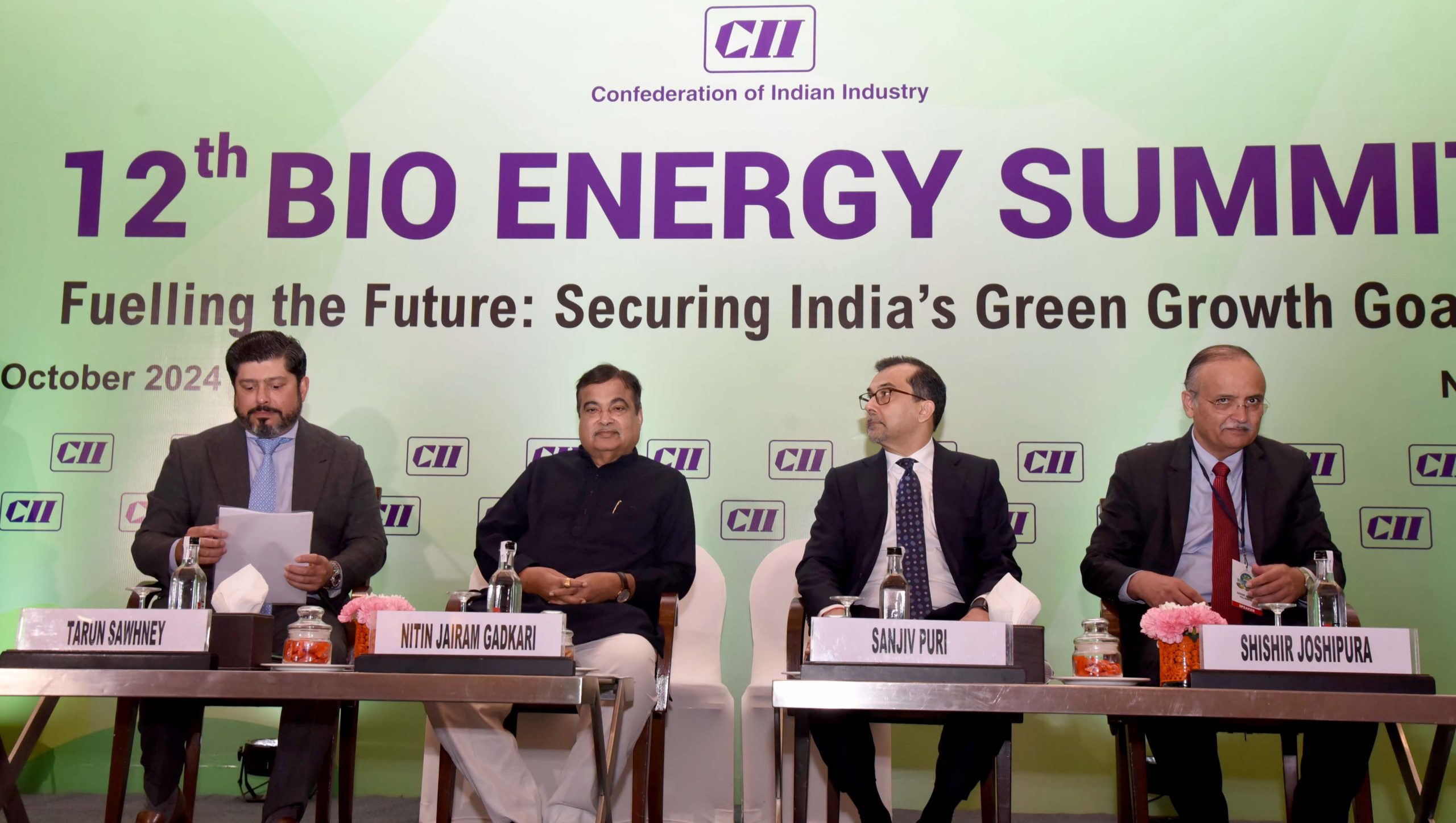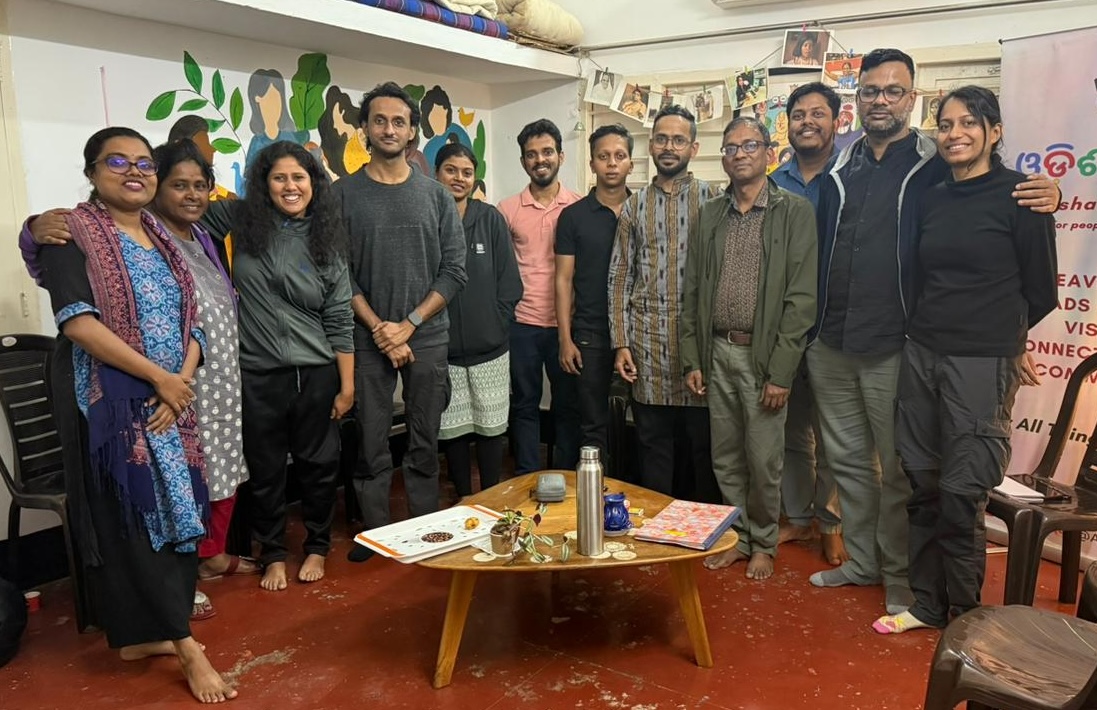New Delhi: Union Minister for Road Transport and Highways, Nitin Gadkari, today underscored the government’s commitment to advancing ethanol blending and biofuel initiatives during the 12th CII Bioenergy Summit 2024. Themed “Fuelling the Future – Securing India’s Green Growth Goals,” the summit, held in New Delhi, brought together key stakeholders in India’s renewable energy sector.
In his keynote address, Gadkari highlighted India’s significant strides in ethanol blending, stating that the country has increased ethanol blending in petrol from 1.53% in 2014 to 15% in 2024, with an ambitious target of 20% by 2025. The government is also exploring the potential of blending 15% ethanol in diesel, part of its strategy to reduce dependence on fossil fuels and promote greener alternatives.
The Union Minister emphasized the creation of a robust ethanol ecosystem, noting that Indian Oil Corporation (IOC) is set to establish 400 ethanol pumps across four states—Karnataka, Tamil Nadu, Uttar Pradesh, and Maharashtra. Discussions are ongoing with leading automakers to introduce flex-engine cars that can run on ethanol, while prominent two-wheeler manufacturers are preparing to launch ethanol-powered bikes as the infrastructure becomes available.
“We are fast-tracking efforts to increase ethanol production and distribution in these key states,” said Gadkari, adding that these initiatives will position India as a leader in sustainable energy solutions. He emphasized that biofuel efforts are central to India’s green growth agenda, helping to secure the country’s energy future.
Gadkari also shed light on the importance of waste-to-energy technologies, particularly the production of bio-CNG from rice straw. He cited the success of 475 projects aimed at converting agricultural waste into bio-CNG, with over 40 projects operational in states such as Punjab, Haryana, Western Uttar Pradesh, and Karnataka. The Minister noted that the conversion ratio of rice straw to CNG is approximately 5:1 in tonnes, making it a viable solution to reduce stubble burning and air pollution.
Addressing the environmental challenges posed by stubble burning in Punjab and Haryana, Gadkari praised Indian Oil’s Panipat plant, which converts agricultural waste into biomass. “We are currently processing one-fifth of the agricultural waste (parali), and with better planning, we can greatly mitigate the seasonal pollution caused by stubble burning,” he said.
In addition, research by the Central Road Research Institute (CRRI) on bio-bitumen production holds promise for reducing India’s dependence on imported bitumen, contributing to the country’s green growth objectives.
Gadkari stressed the urgency of reducing India’s annual fossil fuel imports, worth ₹22 lakh crore, especially in the context of global geopolitical uncertainties. He emphasized that biofuels are key to achieving energy self-reliance, boosting the agricultural economy, and ensuring prosperity for Indian farmers.
He concluded by highlighting the transformative potential of the biofuel sector, noting that farmers could evolve from being “Annadata” (food-givers) to “Urjadata” (energy-givers), “Indhandata” (fuel-givers), and ultimately, “Hydrogen-Data” (hydrogen-givers). Shri Gadkari congratulated the Confederation of Indian Industry (CII) for organizing the summit and fostering dialogue on bioenergy’s role in India’s sustainable future.





